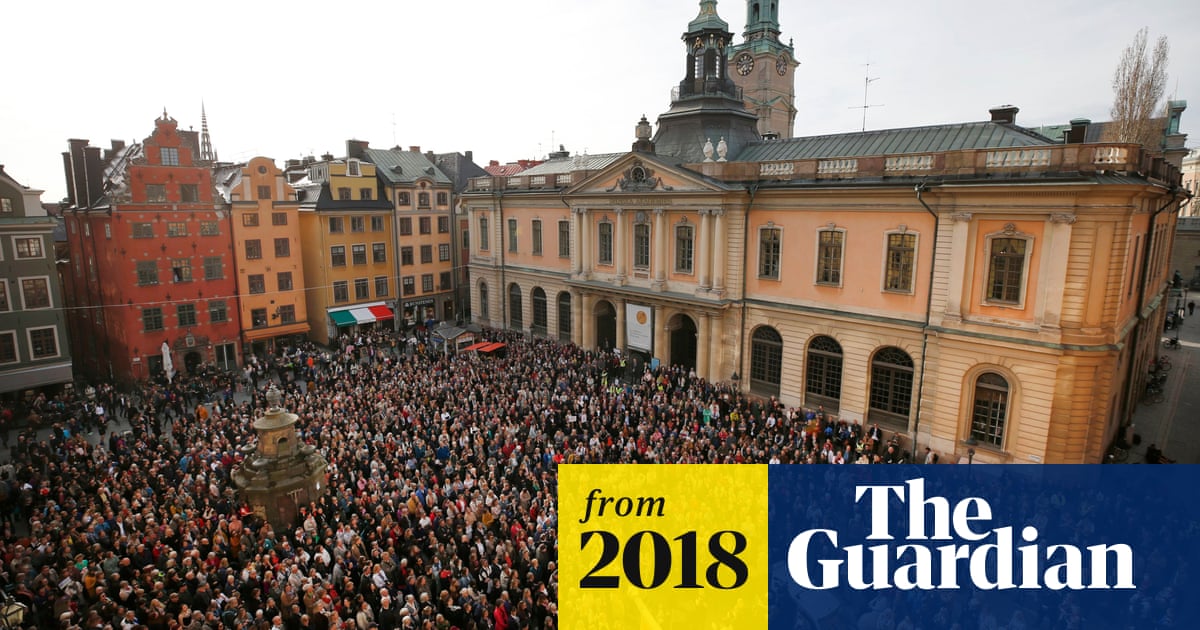hayden
Well-known member
I hope that brining this topic up again isn’t too tedious, but I’d like to hear some thoughts on awarding joint prizes in Literature.
I'm cool with it, as long as it's not completely random (i.e. Thiong'o/Carson split or something). Wish they had done it a bit more in the past 45+ish years. Borges/Cortazar, Soyinka/Achebe, Walcott/Brathwaite, Gordimer/Coetzee, Alegria/Cardenal, Herbert/ Szymborska, Klima/Kundera, etc. Maybe Grass/Frisch. Pair Calvino with someone. Maybe Fuentes with Paz or Vargas Llosa. Plenty pre-1974 too, but I won't go into that.
I'm not sure they would do a Thiong'o/Couto split, but I wouldn't be against it. Styles might be slightly too different between the two though.
I think there's somewhat decent odds that if a split does happen sometime soon, it'll be for two Chinese laureates.
And, yeah, it might piss off some winners that they're sharing that bagful of prize money, but I don't think it sullies the prize any. Look at Peace. I don't think anyone remembers/cares that Nelson Mandela, Malala, or Jane Addams were split awards. You still think of it as a full award.
On the Dylan front, I'm very glad he won, and it's one of my favourite choices the prize has ever made.
Last edited:

